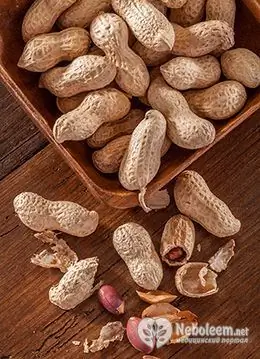- Author Rachel Wainwright wainwright@abchealthonline.com.
- Public 2023-12-15 07:39.
- Last modified 2025-11-02 20:14.
Calorie content of peanuts

The so-called peanuts - peanuts - actually belong to the legume family. Moreover, more than any true nut, it is rich in plant proteins and a special substance - niacin, which has the ability to heal brain tissue.
How many calories are in peanuts
Peanuts are a valuable nutritious product and oilseed, used as raw materials in various branches of medicine and industry. The calorie content of peanuts is approximately 550 kcal per 100 g of product, while it contains 26.3 g of protein, 46 g of fat, 9.9 g of carbohydrates and 7.7 g of fiber. Peanuts have an extremely beneficial effect on the renewal and growth of cells and tissues.
It is used as a mild choleretic agent and, despite the high calorie content of peanuts, is appreciated as a product that normalizes blood cholesterol levels. It also has a beneficial effect on libido and potency, helps concentrate attention, improves memory, it is recommended for rapid fatigue and insomnia.
Despite the calorie content of peanuts, they are extremely popular all over the world. Brazil is considered its homeland, and it is the second largest crop in the world. Even in the days of the Incas, this annual crop was cultivated on the territory of modern Peru. Almost half of peanuts consists of vegetable fats (more than 8% of the product is saturated fatty acids) and 30% of proteins.
In addition, peanuts are rich in vitamin PP (B3) or niacin (14 mg per 100 g of product), which is an antipellagric factor and protects against dementia (dementia, Alzheimer's disease), intestinal disorders and inflammation of the skin. The valuable properties of the product are manifested when it is properly prepared, that is, frying without oil and other food additives.
Peanuts: calories, composition and valuable properties
Despite the high calorie content of peanuts, healthy fats in its composition contribute to weight loss. By its valuable properties, peanut oil is practically not inferior to olive oil. In this case, the calorie content of peanuts should be taken into account and not exceed the maximum daily dose of nuts - no more than 50 g. 100 g of peanuts contains the following amount of nutrients:
- Nicotinic acid (vitamin PP) - 14 mg;
- Thiamine (vitamin B1) - 0.74 mg;
- Riboflavin (vitamin B2) - 0.11 mg;
- Pantothenic acid (vitamin B5) - 1,767 mg;
- Pyridoxine (vitamin B6) - 0.348 mg;
- Folic acid (vitamin B9) - 240 mcg;
- Ascorbic acid (vitamin C) - 5.3 mg;
- Tocopherol (vitamin E) - 10.1 mg;
- Niacin - 18.9 mg;
- Choline - 52.5 mg;
- Calcium - 76 mg;
- Magnesium - 182 mg;
- Sodium - 23 mg;
- Potassium - 658 mg;
- Phosphorus - 350 mg;
- Iron - 5 mg;
- Zinc - 3.27 mg;
- Copper - 1144 mcg;
- Manganese - 1.934 mg;
- Selene - 7.2 mcg

Peanuts are rich in antioxidants (polyphenols), which prevent the development of cardiovascular and oncological diseases, and protect against premature aging. Regardless of the calorie content of peanuts, its inclusion in various weight loss diets is based on the feeling of fullness it provides. Vegetable proteins in peanuts are balanced in terms of essential and essential amino acids included in them, therefore they are perfectly absorbed during digestion.
Among other things, peanuts are characterized by a hepatoprotective effect, it promotes normal hematopoiesis and renewal of epithelial cells, including vascular, improves memory, attention and hearing.
Excessive consumption of peanuts is fraught with negative consequences. First of all, this leads to a rapid increase in body weight. Digestive disorders and allergic reactions (itching, nausea and vomiting, abdominal pain, Quincke's edema and even anaphylactic shock) are also noted. Given the richness of peanuts in calories, it is indicated in the diet for severe illness and exhaustion.
Found a mistake in the text? Select it and press Ctrl + Enter.






